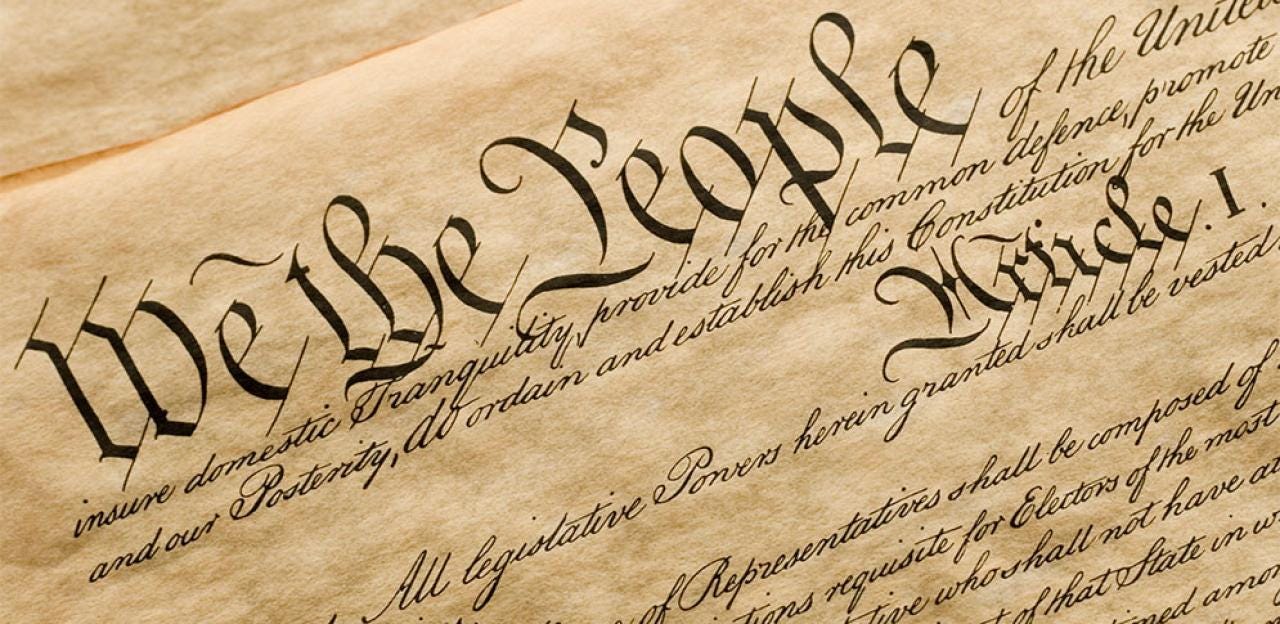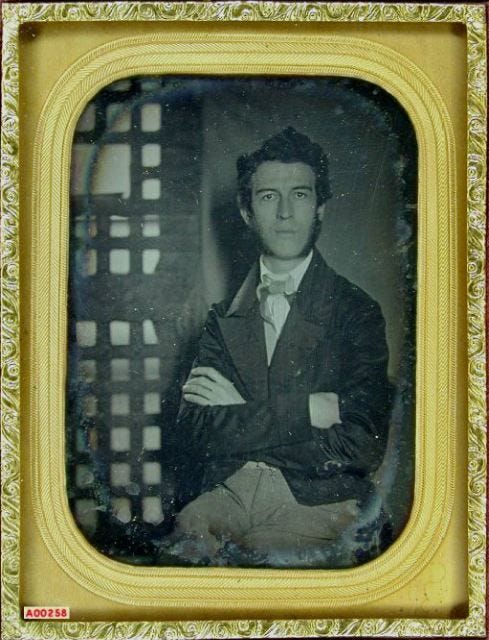Chapter 3
A Fool and a Philosopher
Saturday, January 19, 1861
Jude Royer never thought he was good looking for he was what he was, and a childhood under God-fearing parents left little time for flattery.
Ever since that fateful year when he was ten, he’d made sure his path to his future was well plotted and trodden so many times in his mind to ensure his outcomes should be exactly as he planned for.
Hard work and pragmatism inspired him and he no longer thought in terms of being nice but did what was needed, and privately acknowledged it was only by luck that a pragmatic hard worker was seen as a good person.
It surprised no one that he should win scholarships to the High School in Frederick and then Dickinson College in Pennsylvania, and to land a clerkship with a prominent Philadelphia attorney.
Now he was in Baltimore and well on his way to establishing a name for himself as a more than competent lawyer, and soon he should be able to buy the house he needed to marry his fiancé.
But today, for the first time in seventeen years, someone had threatened an unwanted detour on his road to success.
***
Jude spotted the paper the colored woman left behind. The old woman’s story was fantastical, and he should dismiss it, but she’d unnerved him. He knew Matthew Swann would soon return from his errands but how should one tell an avowed secessionist and bona-fide fool his life was in danger?
Still resentful, he crumbled the scrap and tossed it aside unread. Then he fidgeted with the pen and foolscap. He kept opening his pocket watch, eyeing the minutes ticking towards a future unexpectedly different from what he’d anticipated just hours ago.
Frustrated, Jude threw the pen down just as footsteps rattled on the staircase along with Matthew’s high-pitched voice shouting something about Abraham Lincoln.
Judging from the heated tone, Jude could reasonably identify the second visitor. The coincidence of both men arriving at the same time annoyed him, but it was turning into an improbable day.
Matthew stormed into the room first, a furious ball of blond and pink.
“I despise Abraham Lincoln and the injustice he threatens!” he shouted, waving a copy of the Sentinel above his head. The twice-weekly newspaper’s inflammatory screeds defending Southern honor, the preservation of Southern traditions and gross injustices committed by the Republicans was cheered aloud both in the fashionable men’s clubs and rowdy saloons and grog shops throughout Baltimore.
But Jude gave him a look that he hoped said: it’s been a bad day and now there’s you.
Which Matthew ignored. As always.
While he and Matthew were the same age and height, Matthew’s curly hair and pudgy nose swallowed by fleshy cheeks emphasized the puppy-like eagerness of a boy he still retained, and even encouraging a naïve ambling through life while cosseted by a widowed mother, a spinster sister and the family slave.
Jude had never met anyone like Matthew for such boys did not exist among the farm families of Frederick County, where refusal to labor diligently not only marked you as ungodly and untrustworthy, but also effectively meant starvation. But…..something else about Matthew had always puzzled him.
Matthew glared at the sparse figure of Ernst Reimann, who’d followed him into the room.
A German émigré doctor who ran an infirmary for the Baltimore & Ohio Railroad and who lived at Jude’s lodgings, Ernst had that lanky appearance, his height giving him, at first sight, a slightly dislocated gait, which was hardly helped by his long neck, even longer sideburns and the small spectacles he often wore.
When not attending to his patients, Ernst spent most of his time at the city’s theaters, the reading room at the New Mercantile Library that subscribed to more than twenty newspapers from Europe, or in loud debate in one of the German beer gardens. Fond of quoting unknown philosophers, Ernst was prone to winning more arguments than making new friends.
Ernst politely took the Sentinel from Matthew, holding it with his fingertips. His eyebrows rose as he glanced through the paper.
He handed it back with a wry expression.
“Mr. Swann, I asked for the motivations behind the Southern cries for secessionism. The Sentinel claims is for justice. But what of the morality…”
“Morality means nothing,” Matthew cut Ernst off. “Europeans care too much for morality, which is why your countries slaughter each other with great regularity!”
He paced the room. “We in America care about the law. Mr. Lincoln’s refusal to recognize how the Constitution upholds our laws is why the South has no choice but to secede from the Union to protect our rights. And it is why we seek justice in secessionism!”
“Forgive me, for I am an ignorant foreigner who has only been in America for three years,” Ernst innocently said. “Perhaps you can explain to me how the law works in these United States? Why does the law depend on your Constitution? We Europeans are often confused for, as we are reminded daily, we have no justice nor freedom under the despotic heels of tyranny.”
Jude snorted. The German could quote the Constitution better than just about any American. But remembering the old colored woman’s emphatic cry for justice, this unexpected conversation intrigued him even if it only delayed what he must tell Matthew.
“The founders of the United States created the Constitution to guarantee our natural rights and to establish the national government, and to divide powers between the states and the new Federal Government,” Matthew replied, giving Ernst a skeptical glance.
“Is the Constitution the same as your Declaration of Independence?”
“The Declaration declared the colonies’ independence from England. You might say the Declaration is the foundation upon which the Constitution was created.”
“Ah? Is it true your Declaration states: ’We hold these truths to be self-evident, that all men are created equal, that they are endowed by their Creator with certain unalienable Rights, that among these are Life, Liberty and the pursuit of Happiness?’”
Matthew nodded.
“And you say the Constitution enshrines the principles outlined in the Declaration? At last, I learn something useful from you, Mr. Swann and I thank you for it! The Constitution guarantees the rights deemed to be essential to the functioning of mankind?”
“Freedom of speech and religion and assembly and press and so forth,” Matthew agreed.
“The unalienable rights,” Ernst observed. “Very telling. And endowed by their Creator too. It explains much about Americans. You owe so much to your God, yet rarely listen to Him. But don’t let my thoughts interrupt you. How is power divided by the Constitution?”
“Powers were given to the Federal government to handle foreign affairs and to moderate the relationships among the states, as well as to provide for the national defense. All other powers not mentioned in the Constitution were left to the states.”
“Your Constitution also provided for the structure of the American government through the legislative, executive and judicial branches? Congress passes the laws, the president executes it, and the Supreme Court validates it, making sure the law doesn’t violate these unalienable rights?”
Matthew nodded. “And all powers not mentioned in the Constitution are left to the American states,” he emphasized again.
“As such, self-rule must be a very important concept in America?”
“We are a union of states. We are not ruled by kings, but by our own people, and where are the rights of the people best protected? By our states, not a distant government in Washington where power, removed from the people, only corrupts and restricts our freedoms!”
Mather squared up in front of Ernst. “If you do not understand it, you will never understand America, nor the craving for independence found in every American that calls for justice and rejects the tyranny of a dictatorial national government who threatens his rights to self-rule, self-determination and his very own freedom!”
Then Matthew went for the kill, mistaking Ernst’s silence for defeat.
“In this vast country, the South did not complain if Northern states passed laws differing from the South. We long accepted there are different kinds of Americans and championed the rights of each state to rule in its best interests and to meet the needs of its own people,” he said. “We only ask the North not to interfere with the governing of other states.”
After glaring at Ernst, he added. “You now ask why the South is seceding, Mr. Reimann? I hope you understand the South is seceding because Mr. Lincoln refuses to recognize the rights of self-rule in the new states being formed in the western territories and calls for the Federal government to impose unwanted laws upon these states, hindering the people’s self-rule! He does not respect states’ rights!”
“States’ rights,” Ernst said, testing the words on his tongue. “Such a powerful term. How simple! How evocative!”
“Which is what I’ve been trying to tell you all along!” Matthew banged on Jude’s desk, directly in front of where the colored woman had sat.
He continued, flushed with eagerness in thinking he’d scored a victory. “Mr. Lincoln is threatening to meddle into the affairs of the states, a power not given to the presidency by the Constitution! He is breaking the law! Worse of all, he is committing injustice by stripping the power of self-rule from Americans! He is defying American independence!”
“And so convenient, too,” added Ernst. “A simple phrase to easily rally people to it for it says everything while explaining nothing.”
“Convenient?”
Ah, thought Jude. Now we begin.
The German looked thoughtful. “You were kind to provide a history explaining much, Mr. Swann. However, it doesn’t answer the question always in my mind whenever I hear men argue over states’ rights. Perhaps you can answer it?”
“Well, maybe,” Matthew said, growing uncomfortable. “If I knew the question.”
“Ah! My apologies, Mr. Swann. Please tell me of the states’ rights so integral to your independence that the South fears losing under Mr. Lincoln? Can it be freedom of speech? No, not judging from the squawking headlines. Assembly? Surely not with all the political rallies these days. Is it the the right to bear arms? No, I think not either, fortunately for your South where every man is in possession of a rifle.”
Ernst smiled innocently at Matthew. “Then what is this right the South cares so greatly for and which can only be defended against the North by the principle of self-rule?”
“Well… It’s not so simple... the states’ right is….as I said, not so simple….”
“Oh, I think it is,” Ernst said with unexpected sharpness.
Matthew didn’t answer.
“Such a convenient term,” Ernst repeated, nodding. “It is too easy to observe the Southern states are calling for independence because they fear they will no longer be able to protect their rights to own slaves. It is the sole states’ rights issue, is it not, Mr. Swann?”
“It’s still the law!” Matthew cried. “A man can take a horse he owns into every state in the Union. A man can take a chair anywhere he goes! Why should the law be used to treat slaves differently? Why should there be any difference?”
He glared at Ernst. “We have accepted the hypocrisy of Northern states championing the rights of self-rule while forbidding the new states from determining their own laws and ruling themselves! We have accepted abuses of the Constitution by the North for the sake of maintaining unity in these United States. But no longer! Mr. Lincoln has gone too far!”
****
To return to Table of Contents: Link




